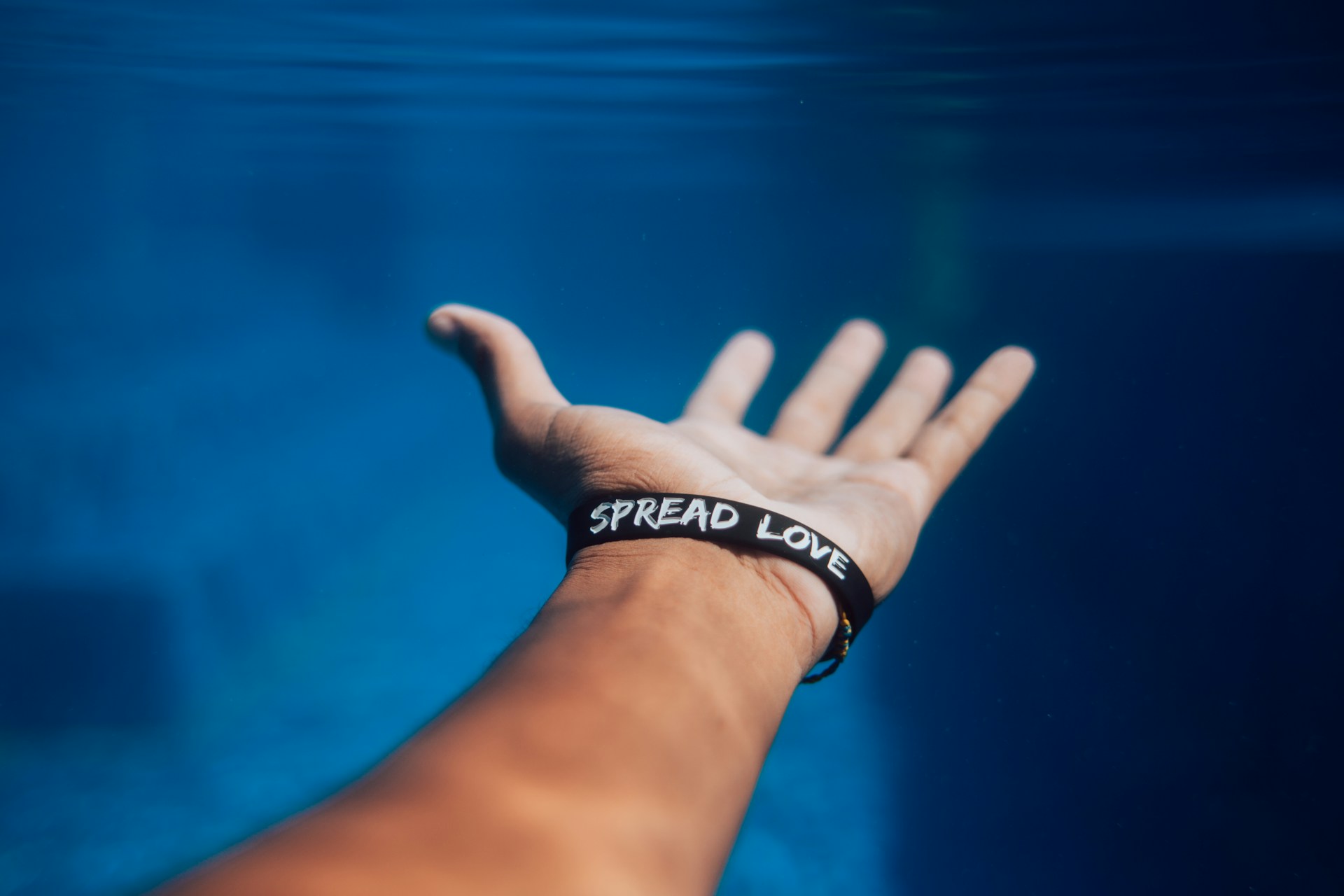Listen to this article
It is healthy to trust in and rely on certain people for some things. Where would we be without the advice from a parent, the boost of confidence from an encouraging friend, or the affection from a devoted loved one? Sometimes, though, these connections become unhealthy and without even realizing it, we might find ourselves in a codependent relationship.
Codependency is a dynamic that can exist in many different types of relationships, including parental, romantic, friendship, and even professional. Simply put, it is where one person dedicates themselves to being a giver, and the other person takes on the subconscious role of the receiver or enabler.
The term codependency originated in Alcoholics Anonymous and was originally used to describe a particular type of addictive behavior. Being codependent is like having a relationship addiction, where someone derives their confidence, identity, and purpose in being needed or being taken care of by someone.
Givers and takers
In any relationship, there are seasons where one person might rely a little more heavily on the other for whatever reason. This is normal and healthy provided it is not prolonged.
For example, if we become unemployed, our mental health will likely dip, and we might have to practically and emotionally rely on a parent, friend, or lover to help us navigate that chapter of our lives. This could last anywhere from a few weeks to a year, but the support we receive from our loved ones should spur us forward, not trap us.
The roles in codependent relationships are more static. The receiver is constantly being helped while the giver drains their resources to do so. The giver derives a sense of purpose from being devoted to the receiver, and of course, the receiver gets their needs met.
The often-tragic result of codependency is that the receiver becomes crippled in a way, from always being supported and never challenged. The giver, in turn, often loses their sense of self or meaning outside of providing the emotional, practical, or spiritual support they give.
Three signs that you might be in a codependent relationship
Codependency often feels safe because both participants feel as if they are having their deep needs met. For example, the person who needs to be needed has the opportunity to give endlessly, and the person who was neglected in early life receives the kind of care and attention they have craved from childhood.
However, codependency is damaging because it ignores the real problems in our character, and prevents us from growing, healing, and finding healthy connections with others.
Here are three signs that you might be in a codependent relationship:
You find security, particularly from one certain person
 Many people struggle being alone, but those who never feel at ease in their own company will gravitate toward someone similar, forming an unhealthy attachment with them. People in a codependent relationship often end up neglecting friends, and family, and even work to prioritize their giver or enabler.
Many people struggle being alone, but those who never feel at ease in their own company will gravitate toward someone similar, forming an unhealthy attachment with them. People in a codependent relationship often end up neglecting friends, and family, and even work to prioritize their giver or enabler.
If there is a single person that you are deriving all of your emotional needs from, and they are open to you drawing so much from them, the chances are you have formed a codependent relationship.
You can’t trust your judgment
In most codependent connections there is one person who is decisive and intentional, and one who lacks confidence or assertiveness. The decisive person often likes being in control of the other, while the other likes having their lives controlled, to a degree.
There is nothing wrong with seeking a friend’s opinion from time to time, but if you can’t function without their input or opinion, then it is a sign of codependency. Likewise, if they become upset with you for deciding without their input, an unhealthy dynamic has developed.
Your boundaries are non-existent, especially for that one person
Even spouses require some boundaries between each other. If someone in your life has unfettered access to you at all times, it should be considered a red flag to both of you. The need to be needed or desire to rely on someone else to meet all of our needs is a recipe for emotional burnout and ill mental health.
Establishing your own space, terms, and preferences is healthy in any relationship. If you cannot do that, or if you struggle with other people’s boundaries, you will be prone to developing codependency with someone.
Getting help
Codependency is not something you have to live with. It can be intimidating to face change, especially when it requires you to address relationships or issues with yourself. Thankfully, you don’t have to do it alone. A therapist in Allen, Texas can guide you in the path of freedom from codependency. Contact our office today at Allen Christian Counseling in Allen, Texas and we will connect you to a counselor you can work with to overcome the codependent tendencies in your life.
“Coastline at Sunset”, Courtesy of Quino Al, Unsplash.com, CC0 License
- Wade Van Staden: Author
As a native of Zimbabwe, Africa I have always used what I have to help where and whomever I can. I became a certified counselor immediately after leaving school, and have worked in charities, missions, and community projects and churches ever since....
DISCLAIMER: THIS ARTICLE DOES NOT PROVIDE MEDICAL ADVICE
Articles are intended for informational purposes only and do not constitute medical advice; the content is not intended to be a substitute for professional medical advice, diagnosis, or treatment. All opinions expressed by authors and quoted sources are their own and do not necessarily reflect the opinions of the editors, publishers or editorial boards of Stone Oak Christian Counseling. This website does not recommend or endorse any specific tests, physicians, products, procedures, opinions, or other information that may be mentioned on the Site. Reliance on any information provided by this website is solely at your own risk.




